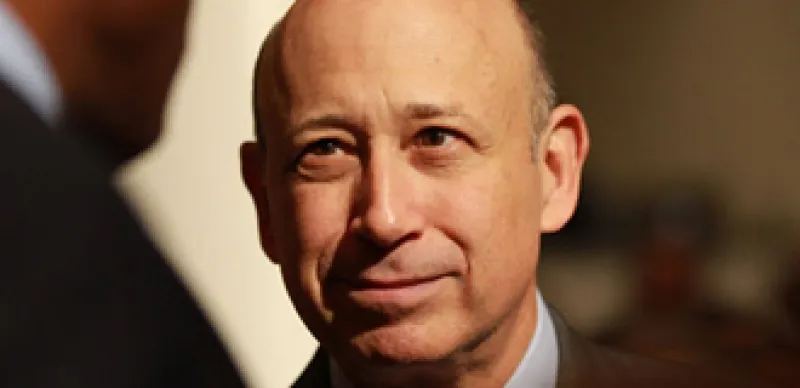
The Goldman Sachs Hearings’ Unspoken Lesson
The Goldman hearings left the illusion of chastening the out-of-touch investment bankers with forgotten lessons about honesty and decency, morals and moral hazard.
Jeffrey Kutler
April 28, 2010


